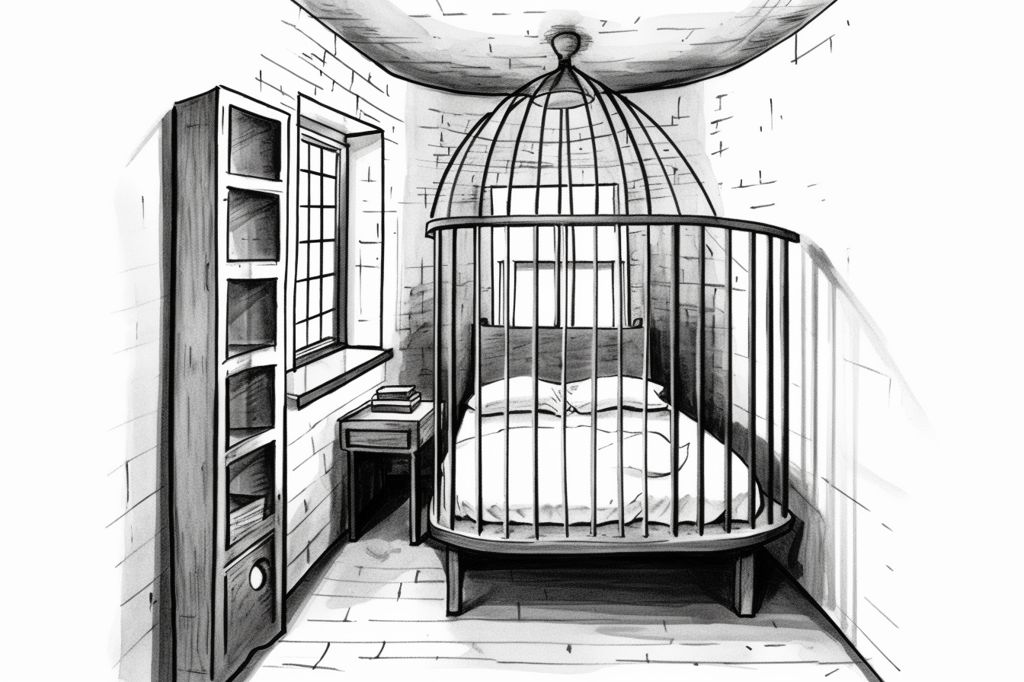Loadshedding has become a significant issue for the citizens of South Africa, with stage 6 blackouts occurring on a daily basis and the fear of even higher stages on the horizon. In this article, we explore eight essential products that can help households better cope with the challenges of loadshedding this winter.
Gas Cookers
Investing in a gas cooker can prove to be a practical and popular solution for South African households. With power outages becoming more frequent, a gas cooker ensures that families can continue to cook meals and boil water, reducing the inconvenience caused by loadshedding.
Stove-Top Kettles and Thermos Flasks
Stove-top kettles offer a reliable source of hot water for that much-needed cup of tea or coffee. Additionally, thermos flasks ensure that liquids stay hot for an extended period, providing greater convenience during power outages.
Power Banks
Portable battery chargers, known as power banks, can be a lifesaver during unexpected loadshedding. These devices ensure that electronic gadgets remain powered and connected even when the electricity goes out, allowing individuals to stay in touch and access essential information during an outage.
Inverters
Inverters convert alternating current (AC) power into direct current (DC) and vice versa, allowing conventional residential electricity sources to charge battery systems and then provide power when needed. This enables households to continue using selected electrical appliances during loadshedding periods.
UPS and Backup Batteries
Uninterrupted Power Supply (UPS) devices ensure a continuous internet connection and a backup power source for essential devices during loadshedding. Although inverters serve a similar function, UPS systems provide an immediate switchover while inverters can experience time delays.
Rechargeable Lights
Rechargeable lights and battery-operated torches have been a tried and true solution since the beginning of loadshedding. These devices offer reliable illumination during power outages, ensuring households can continue to function in the dark.
Fire Extinguishers
With the increase in loadshedding, there has been a worrying uptick in house fires. Fire extinguishers can be vital in both saving lives and protecting property, allowing residents to quickly extinguish small fires or contain larger blazes until professional assistance arrives.
Backup Generators
A practical solution for extended power outages, backup generators provide electricity to keep essential appliances running and maintain a sense of comfort during loadshedding periods. Despite their higher cost, generators can help significantly mitigate the impact of loadshedding on daily life.
By being prepared for the inevitable power outages, South Africans can maintain a degree of normalcy in their daily routines and weather the ongoing energy crisis. Despite the challenges posed by loadshedding, having these essential products on hand can help make the experience more manageable for households across the country. With the right tools and a proactive approach, South Africans can adapt and persevere through the persistent blackout problem.












